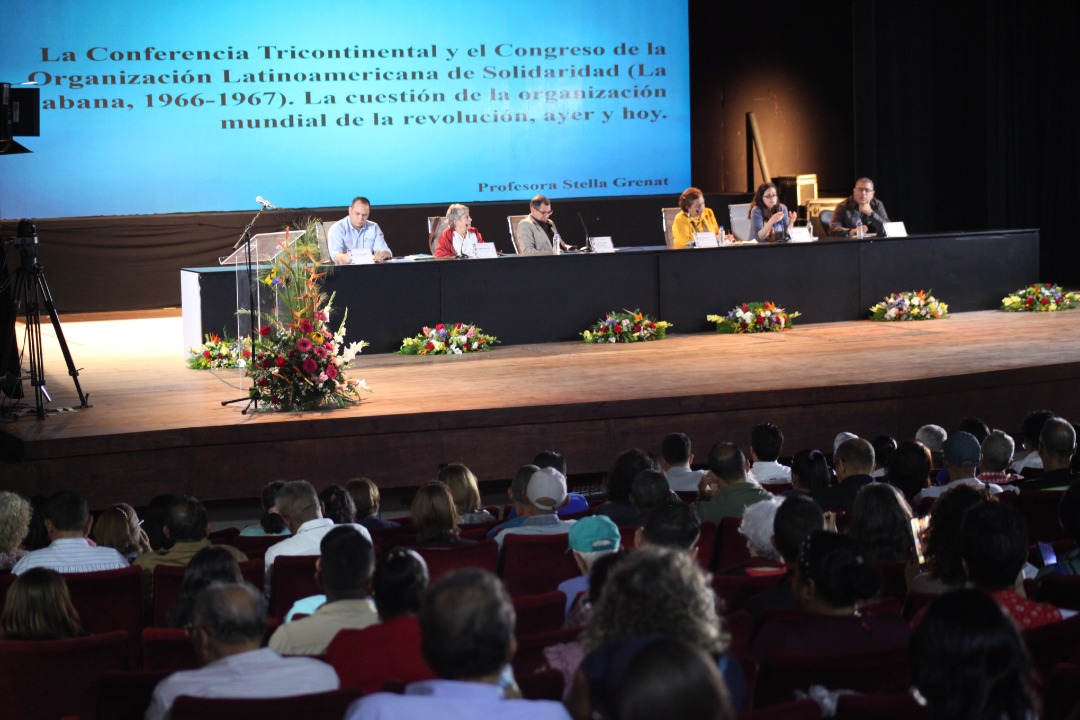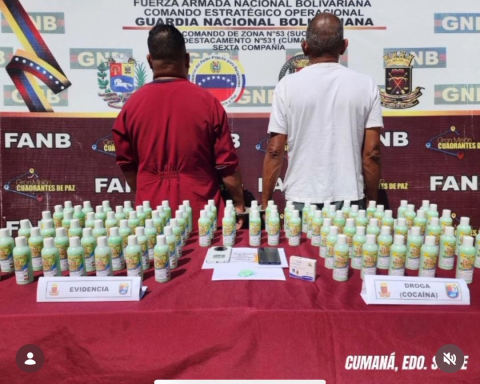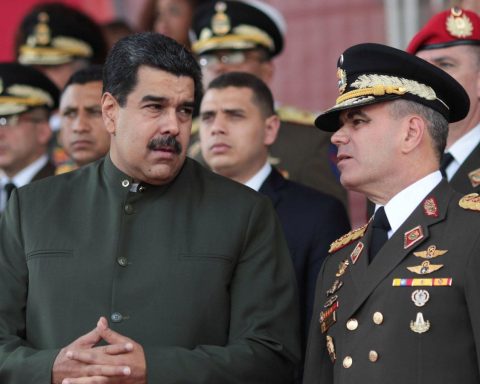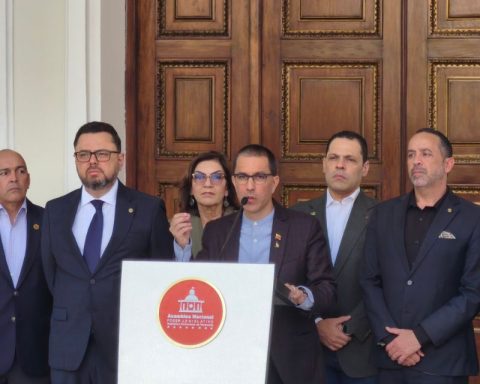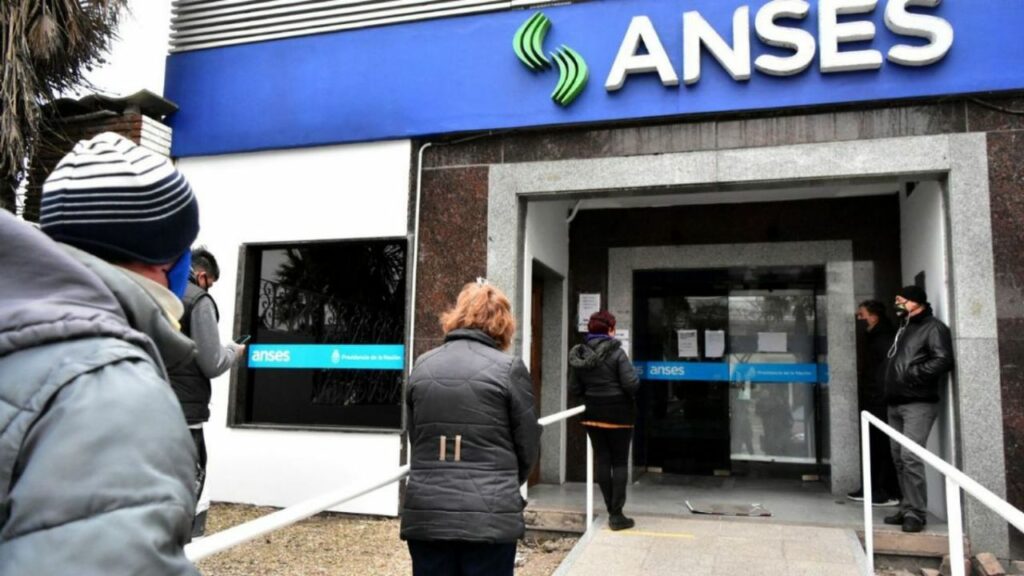More than 2,125 people participate, in person or virtually, in the II Conference on Insurgent History and Decolonization of Memory, which takes place at the National Experimental University of the Arts (uneartes) in Caracas.
This was reported by Luis Felipe Pellicer, coordinator of the History, Memory and Heritage Network and academic vice-rector of this house of studies.
In his opening speech at the central forum on the second day of activities, Pellicer highlighted the reception of the Days that began this Mondayand which is attended by guests from Spain, Brazil, Mexico, Colombia, Cuba, Argentina and Chile, as well as representatives of the 24 states of the country, refers to a note from the Simón Bolívar Studies Center.
The cycle of presentations this Tuesday opened with Stella Grenat, a historian from Argentina. Grenat made a summary of the forms of organization of workers in Latin America to face the pressures of the republican stage in the 20th century. To do this, it was based especially on an event that took place in Havana in 1966, which brought together organizations and heads of state from Asia, Africa and Latin America, as well as a conference in Cuba in August 1967 that brought together those who constituted the Latin American Solidarity Organization (OLAS).
The Argentine historian referred to these events that reflect the popular participation, solidarity and international action of our peoples as a way to achieve independence, affirming that they are struggles that are still in force. “We are looking again at this genealogy that builds itself, so we must keep them current, bring them to the present,” she said.
the insurgent story

The economist Judith Valencia presented a proposal for the political elaboration of a Bolivarian constituent path. “The insurgent history assumes the decolonization of memory, but at the same time it has to give rise to the continuity of the Bolivarian constituent process,” she indicated.
When reviewing recent history, marked by the conjunction of Hugo Chávez and Fidel Castro, Valencia celebrated that Venezuela is considered “an unusual and extraordinary threat.” “That is the magic of the constituent process, Chávez to revive Bolívar had to refound the Republic with a new Constitution”, which he points out interrupted the imperial strategic strategy that began in 1994 with the Summit of the Americas and the restructuring of the inter-American system.
For his part, Vicente Carvajal, Vice Minister of Education, wanted to delve into the need to build a space that brings together all social sectors, mainly education, to raise awareness about the importance of history in the present.
Regarding insurgent history, he pointed out that “history must be rewritten and taught at all levels, at school, in high school, in universities, in the barracks, in the factory, history must be decolonized and the true story told.” . He assured that for this, the Ministry of Education works on various projects and in various instances.
knowledge that transforms
Likewise, Dulce Marrufo, director of Territorial Management at the Simón Bolívar Studies Center, raised the need to adopt an ethical stance to be able to work on insurgent history, as well as to reconstruct knowledge that serves to transform reality. “Knowledge that does not transform reality is useless, that must be made clear,” she said.
“It has to serve to decolonize memory, but also to reverse the effects of recolonization (…) It is the history that will allow the people to continue in militancy, in the streets, permanently defending the legacies of struggle of our peoples,” he said. .
This Tuesday day ended with the screening of the documentary La Historia Insurgente, produced by UNEARTE and the History, Memory and Heritage Network.
